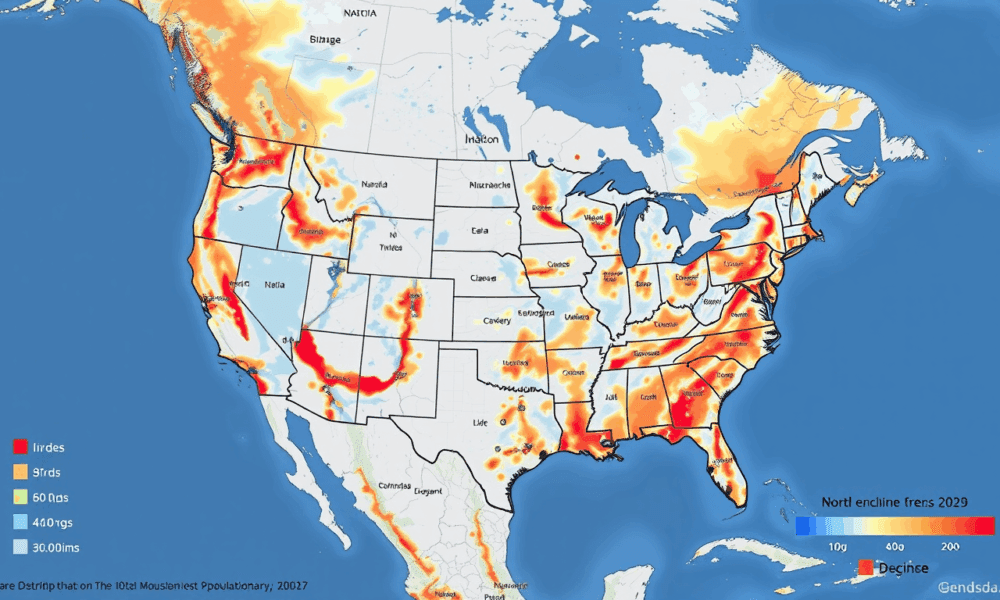
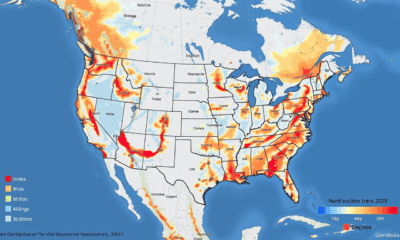

A groundbreaking study reveals that North American bird populations are declining most severely in areas where they should be thriving. Researchers analyzed 36 million bird observations...
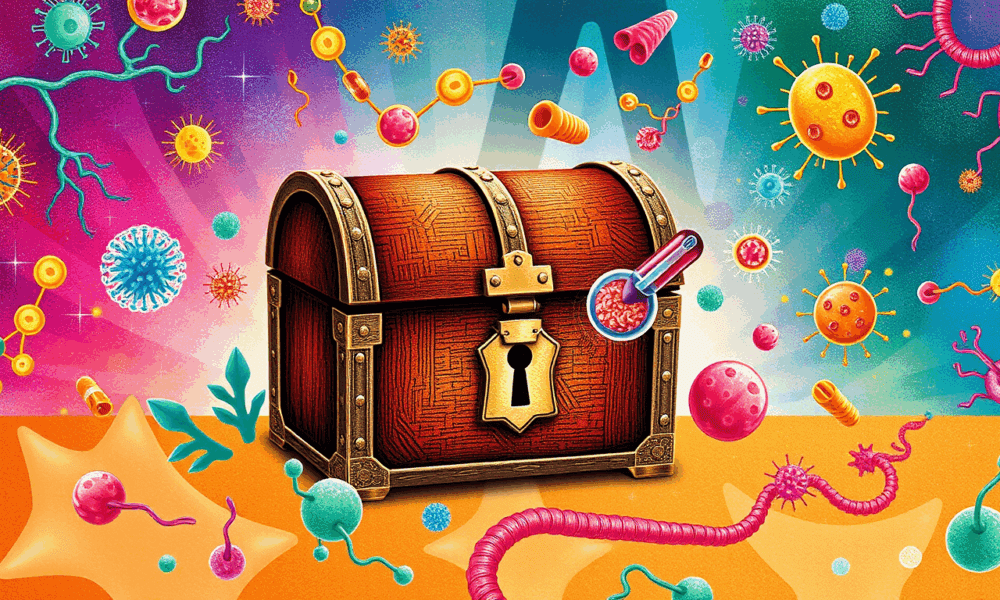
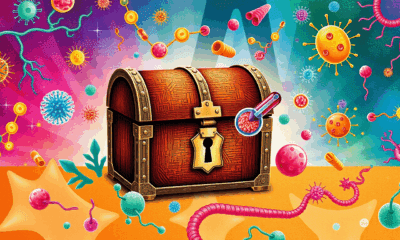

A new approach to drug design can deliver medicine directly to the gut in mice at significantly lower doses than current inflammatory bowel disease treatments. The...



Increasing urban vegetation by 30% could save over one-third of all heat related deaths, saving up to 1.16 million lives globally from 2000 to 2019 according...
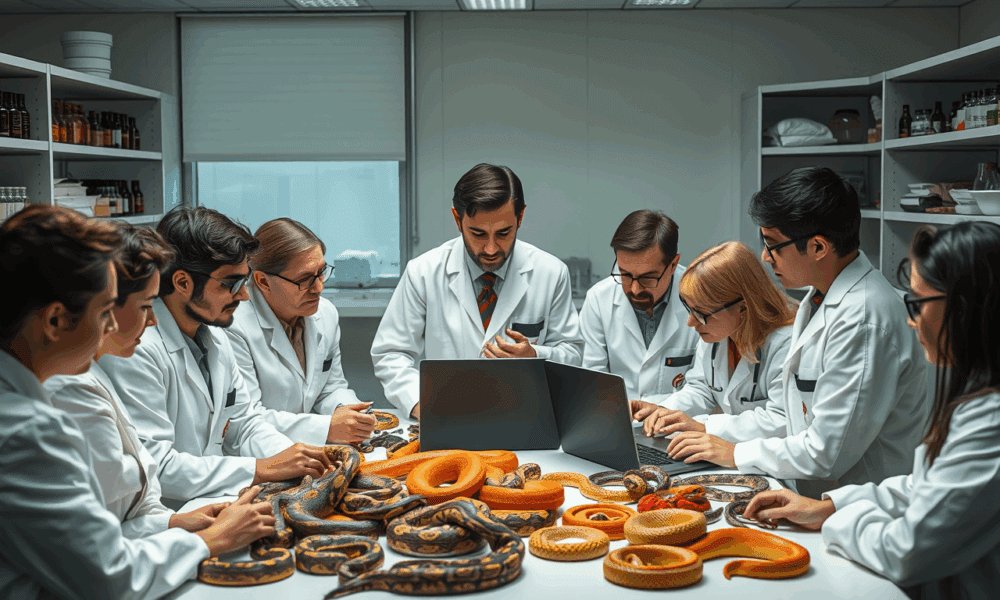
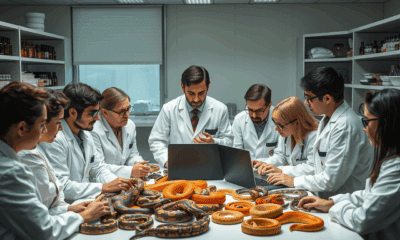

By using antibodies from a human donor with a self-induced hyper-immunity to snake venom, scientists have developed the most broadly effective antivenom to date, which is...
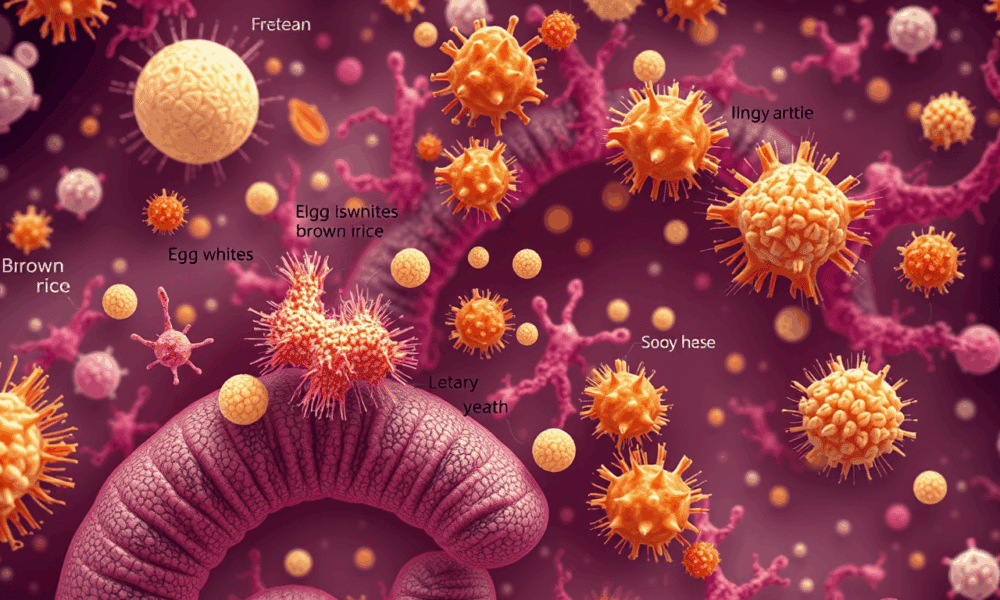
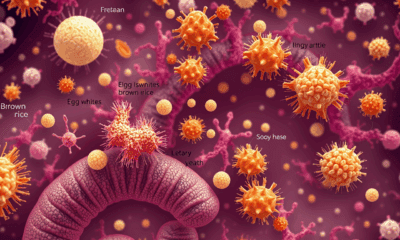

Protein sources appear to have major effects on both the population and function of the mouse gut microbiome.
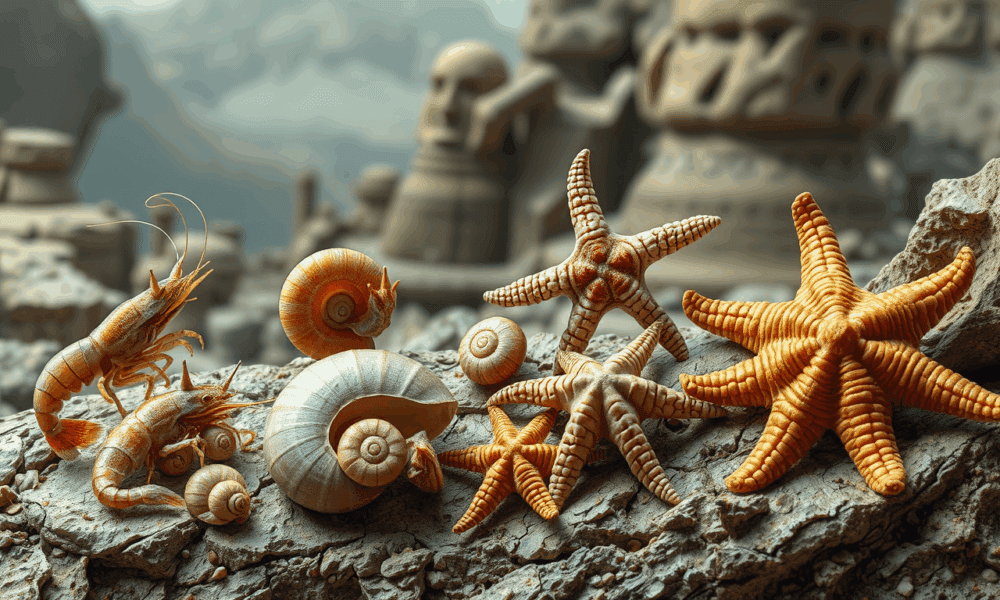
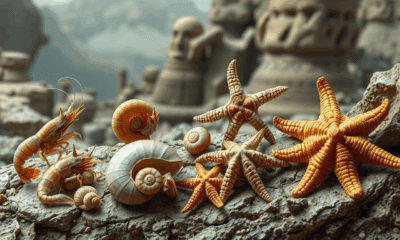

Why do some ancient animals become fossils while others disappear without a trace? A new study reveals that part of the answer lies in the body...
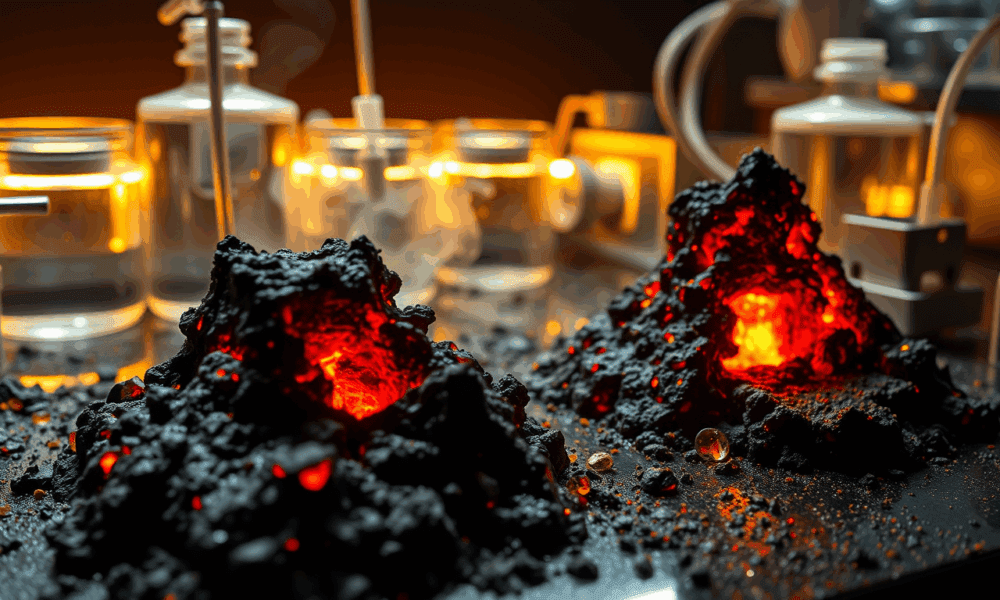
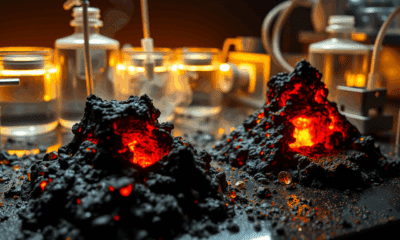

The very first cells obtained their energy from geochemical reactions. Researchers have now managed to recreate this ancient metabolic process in their laboratory.
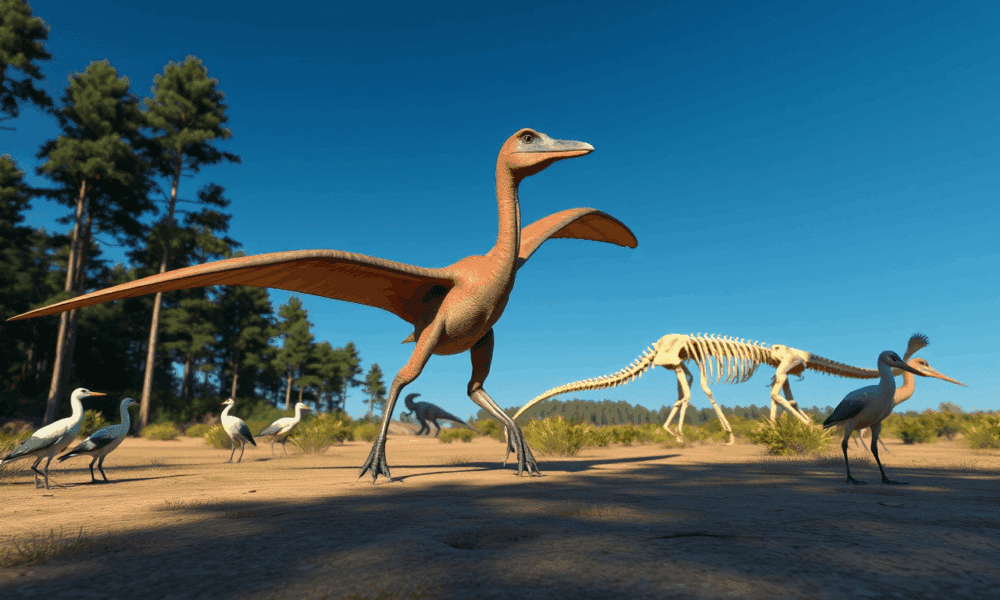
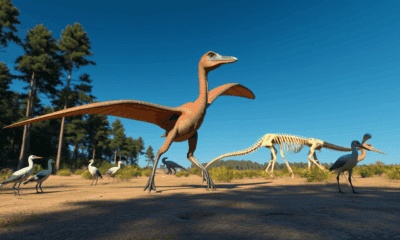

A new study links fossilized flying reptile tracks to animals that made them. Fossilized footprints reveal a 160-million-year-old invasion as pterosaurs came down from the trees...
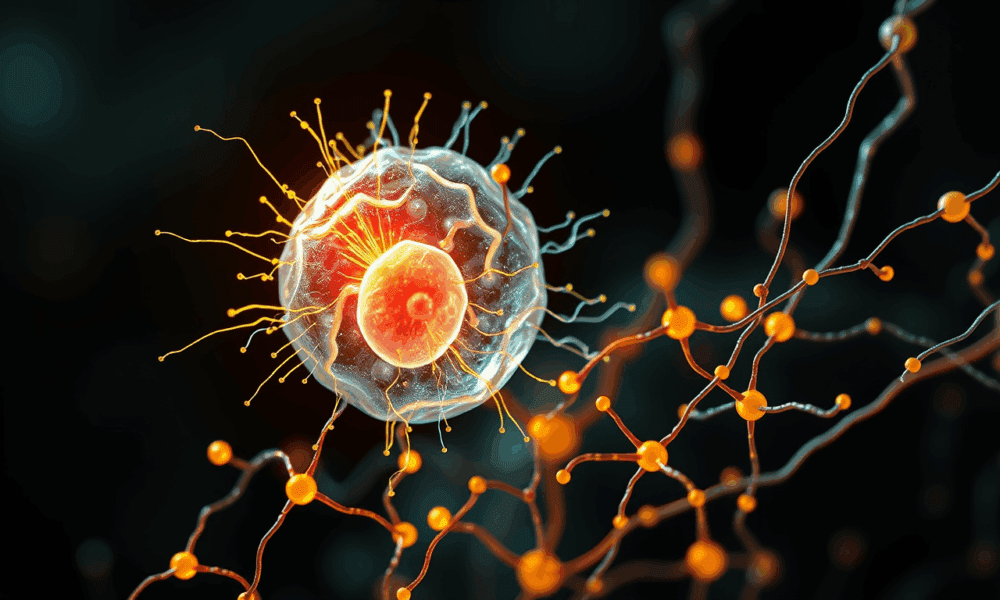
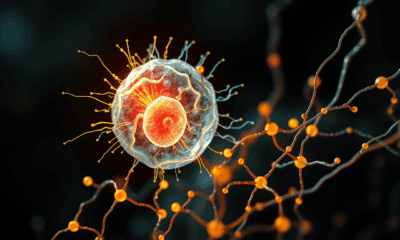

A team has discovered how certain bacteria breathe by generating electricity, using a natural process that pushes electrons into their surroundings instead of breathing on oxygen....
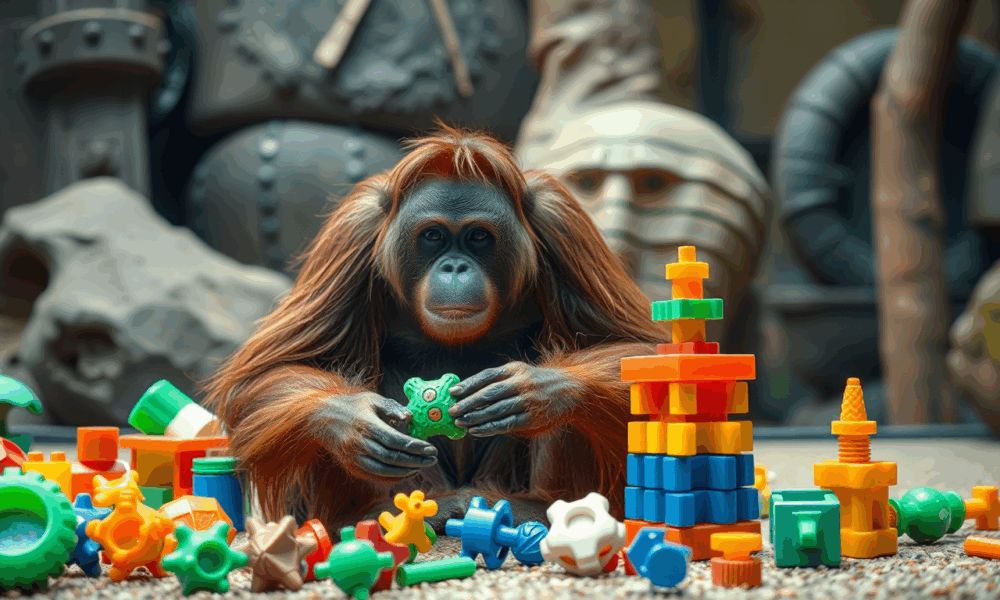
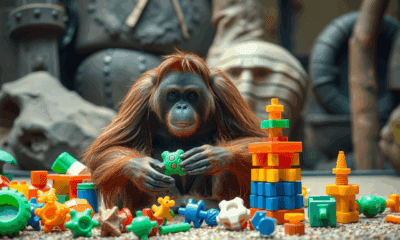

A new study comparing wild and zoo-housed Sumatran orangutans reveals that life in a zoo significantly alters how orangutans interact with their environment. Researchers analyzed over...